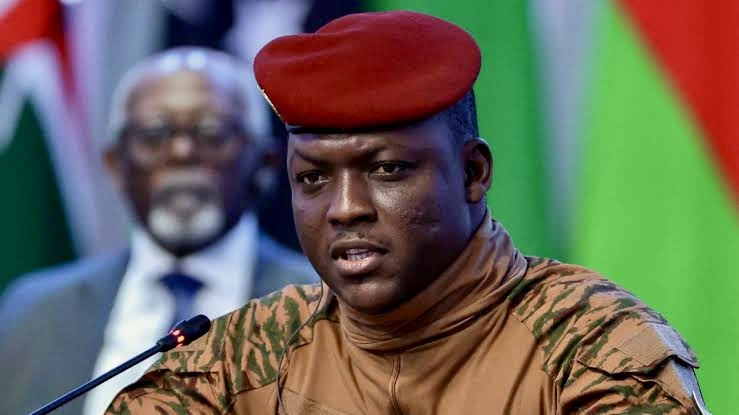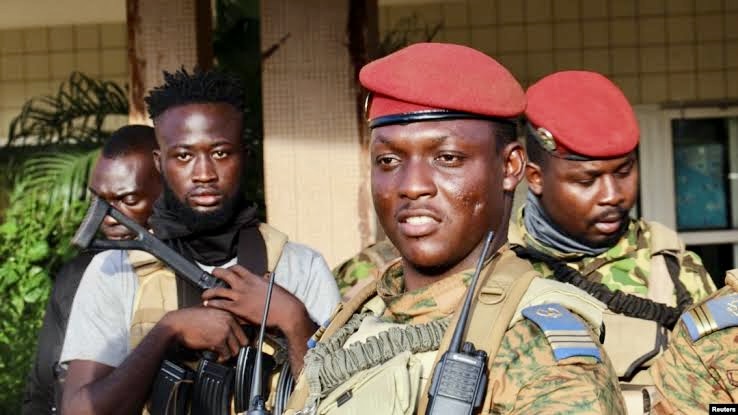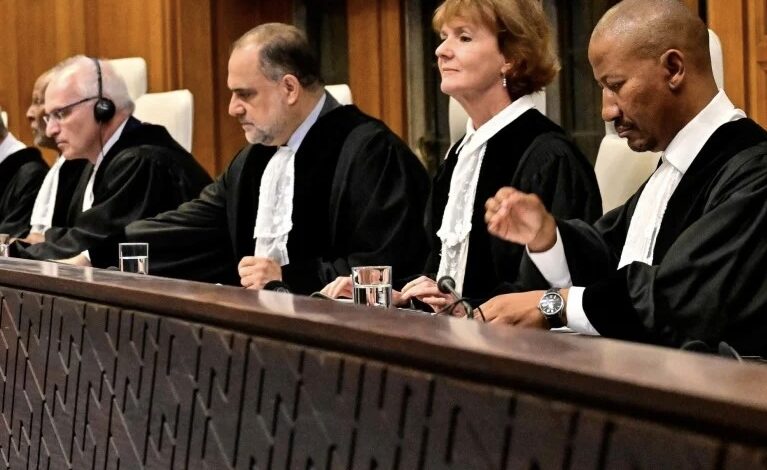
Faith Nyasuguta
Burkina Faso’s military regime, which seized power in a 2022 coup, announced over the weekend that it will extend its rule for five years following national consultations.
Colonel Moussa Diallo, the chairman of the organizing committee for the national dialogue process, stated, “The duration of the transition is fixed at 60 months from July 2, 2024.” He also indicated that coup leader and acting president Ibrahim Traore would be eligible to run in any elections at the end of this transition period.
Originally slated for two days, the national dialogue commenced on Saturday with the aim of establishing a path back to civilian governance for the West African country, which has been plagued by jihadi violence. The military has controlled Burkina Faso since 2022, justifying two coups on the grounds of persistent insecurity.
Since 2015, jihadi rebels affiliated with al-Qaida and the Islamic State group have led a devastating insurgency, resulting in thousands of deaths and millions of displaced individuals. An earlier national dialogue led to a charter that installed Traore as president and established a government and legislative assembly.
The new charter removes the use of quotas to allocate assembly seats to traditional party members. Instead, deputies will be selected based solely on “patriotism.” Minister of Territorial Affairs Emile Zerbo, who inaugurated the meeting on Saturday morning, remarked, “You have just rewritten a new page in the history of our country.”

The initial charter had set the transition to civilian rule at 21 months, with the deadline set to expire on July 1. However, Traore had consistently warned that holding elections would be challenging given the dire security situation.
The revised charter introduces a new body, the “Korag,” tasked with overseeing and implementing the country’s strategic vision across all sectors. The composition and functioning of the Korag are determined by the president.
Representatives from civil society, the security and defense forces, and lawmakers in the transitional assembly participated in the weekend talks, though most political parties boycotted the event. Human rights organizations have accused Burkina Faso’s junta leaders of civilian abuses during their military campaigns against jihadis, as well as of silencing media and opposition voices.
Following their takeover, the coup leaders expelled French troops and diplomats, opting instead to seek military assistance from Russia.
RELATED:




